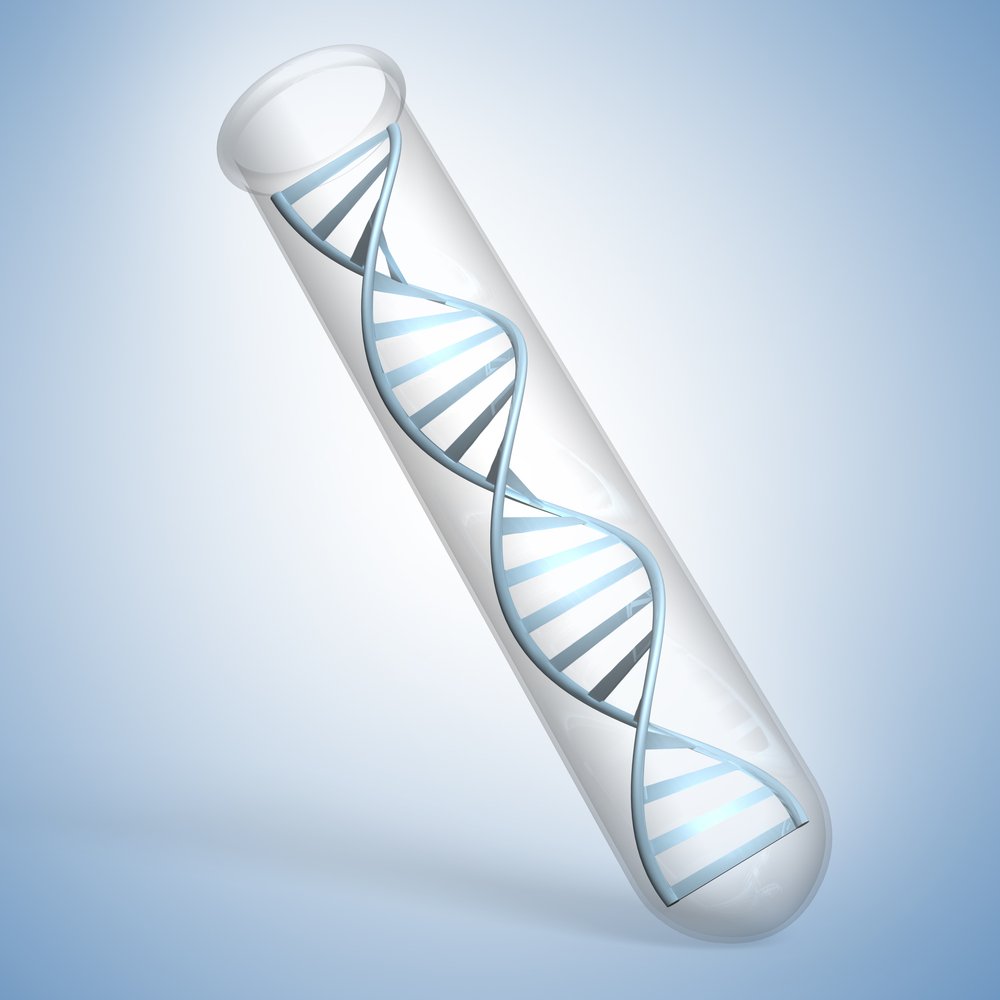Chromosome Disorder Test Can Rule Out Angelman Syndrome, Study Suggests
Written by |

A test that assesses a fetus’s risk of having a chromosome disorder can help rule out the possibility that a baby will develop Angelman syndrome, a study reports.
The test, which doctors began using in 2011, is called a cell-free fetal DNA (cffDNA) screening.
Researchers published their article in the American Journal for Obstetrics and Gynecology. Its title is “Positive predictive value estimates for cell-free noninvasive prenatal screening from data of a large referral genetic diagnostic laboratory.”
CffDNA screening has become widespread in just six years. A number of studies have shown it to be effective at spotting diseases with chromosomal abnormalities. They include Down’s, Patau and Edward’s syndromes.
The hallmarks of these three fairly common disorders is a portion of the body’s third chromosome appearing three times instead of the normal twice. Cells usually have 23 pairs of chromosomes, each composed of DNA.
In addition to using cffDNA screening to detect Down’s, Patau and Edwards syndromes, doctors are using it to test for microdeletion syndromes, or disorders caused by deletions of parts of a chromosome.
Some scientists have wondered whether the screening can do a good job of detecting microdeletion disorders, however.
Researchers at Texas Children’s Hospital decided to study the issue. They wanted to know whether cffDNA screening was a good predictor of some disorders or whether it was generating false positive readings —that is, signaling the presence of a disease when it actually wasn’t there.
The team used a number of tests to re-examine 712 genetic samples that cffDNA sequencing had shown to be at high risk of having a chromosome abnormality.
Their goal was to determine the positive predictive value of the screening, and its false positive rates.
They discovered that cffDNA screening was able to predict Patau syndrome correctly 46 percent of the time, Edwards syndrome 76 percent of the time, and Down’s syndrome 84 percent of the time. The findings were consistent with previous studies.
In addition, the team found that the screening was able to predict monosomy X sex chromosome abnormalities 26 percent of the time, 47,XXX abnormalities 50 percent of the time, and 47,XXY abnormalities 86 percent of the time.
The screening did a poor job of correctly predicting microdeletion disorders, which include Angelman, Prader-Willi and Cri-du-Chat syndrome. For example, it was able to correctly predict 1p36 deletion syndrome only 14 percent of the time and 22q11.2 deletion syndrome 21 percent of the time.
Meanwhile, the false positives that the screening generated for microdeletion disorders ranged from 79 percent to 100 percent of readings.
The team also looked at the screening’s negative predictive value — that is, its ability to predict when a person did not have a disease. Scientists can use a negative predictive value to rule out a disease.
A previous study had suggested that cffDNA screening was nearly 100 percent effective at ruling out microdeletion disorders such as Angeleman syndrome. This means that doctors could use it to exclude the possibility of a fetus having a microdeletion syndrome.
The findings “highlight the importance of educating clinicians [doctors] and patients on the limitations of cffDNA screening tests,” the researchers wrote. “Improvement of the cffDNA screening technology and continued monitoring of its performance after introduction into clinical [medical] practice will be important to fully establish its clinical utility,” they wrote.





